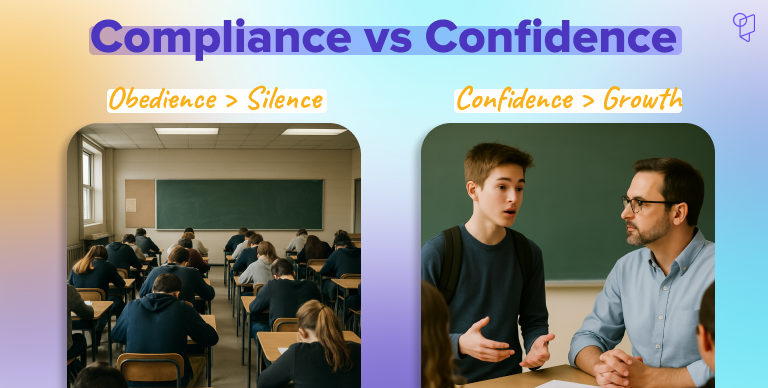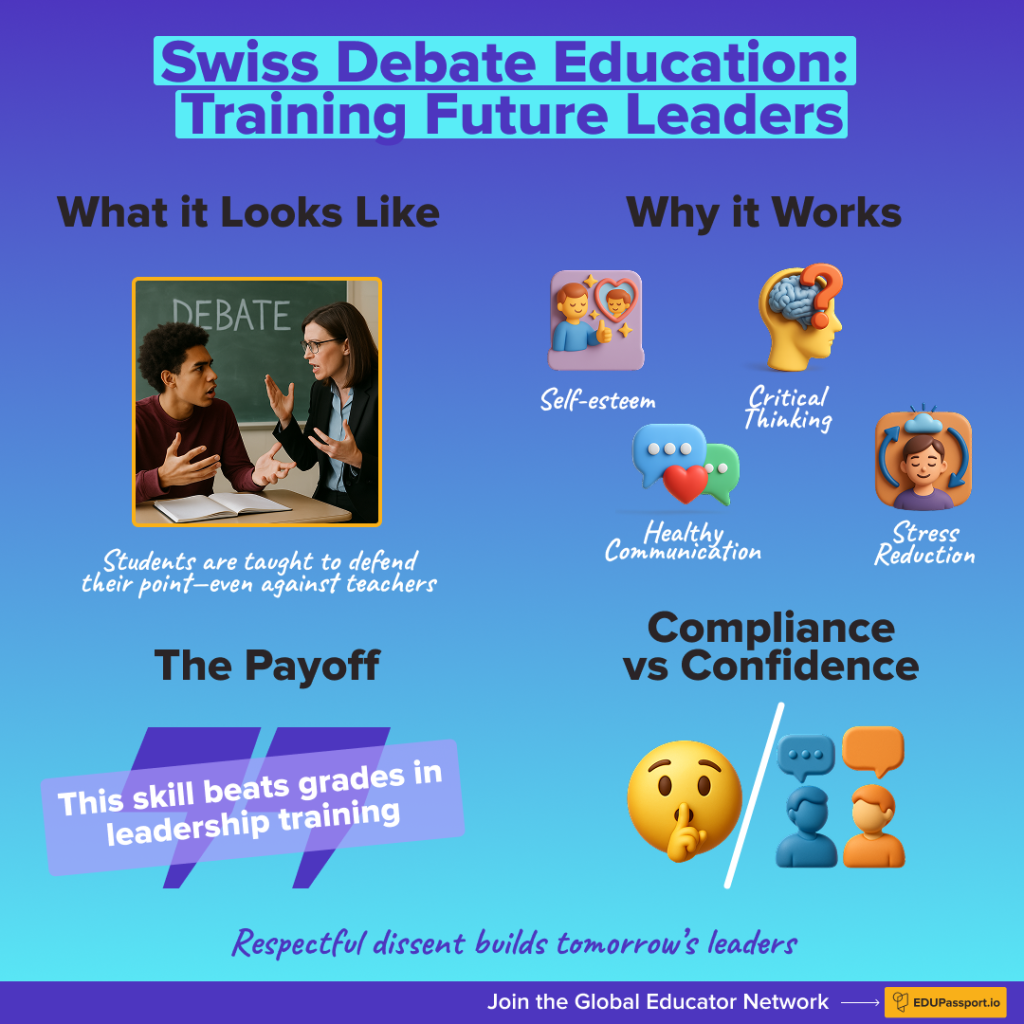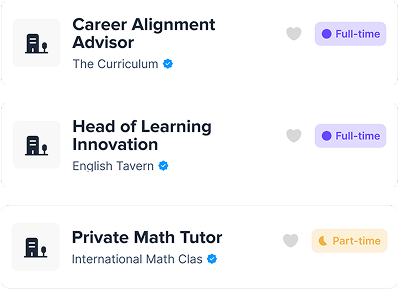Elite Swiss boarding schools don’t look like most classrooms. Instead of quiet rows and raised hands, students are encouraged—and sometimes required—to debate their teachers from a young age.
At around 10, a student might be asked: “Defend why the teacher is wrong.” It’s not about being rude. It’s about learning to challenge ideas and authority thoughtfully, without fear.
The Method: Debate as a Skill
Where most schools reward obedience, Swiss elite schools reward respectful dissent.
Psychologists call this method assertive conditioning. It mirrors assertiveness training used in therapy and education, where students practice standing their ground in a safe environment.
Research shows that assertiveness training can significantly boost:
- Self-esteem
- Academic performance
- Well-being, while reducing stress
- Self-disclosure and healthy communication
(Sources: Elsevier, PubMed, Science Publishing Group)
The Long-Term Payoff
What alumni say is striking: this skill beats grades as a leadership tool.
Graduates enter boardrooms differently:
- They don’t freeze under pressure.
- They push back gracefully in meetings.
- They handle conflict as confidently as others avoid it.
Safe practice in debating powerful people is leadership training in disguise.
Why It Works Better Than Compliance
In most schools:
- Obedience is praised.
- Dissent is punished.
- Students learn to stay quiet for safety.
In these Swiss schools:
- Argument is structured.
- Debate is part of the learning process.
- Disagreement leads to growth, not shame

EDU Passport’s View
We’re not suggesting every school replicate this model wholesale. But the lesson here is powerful: teaching students how to think and speak up is foundational for leadership.
Even small interventions—structured debate clubs, classroom challenges, or “defend-your-answer” prompt sessions—can build lasting confidence and critical thinking.
Interested in classroom-friendly strategies?
👉 EDU Passport offers tools, prompts, and lesson templates to help schools integrate respectful dissent and critical discussion into everyday learning—without chaos






















